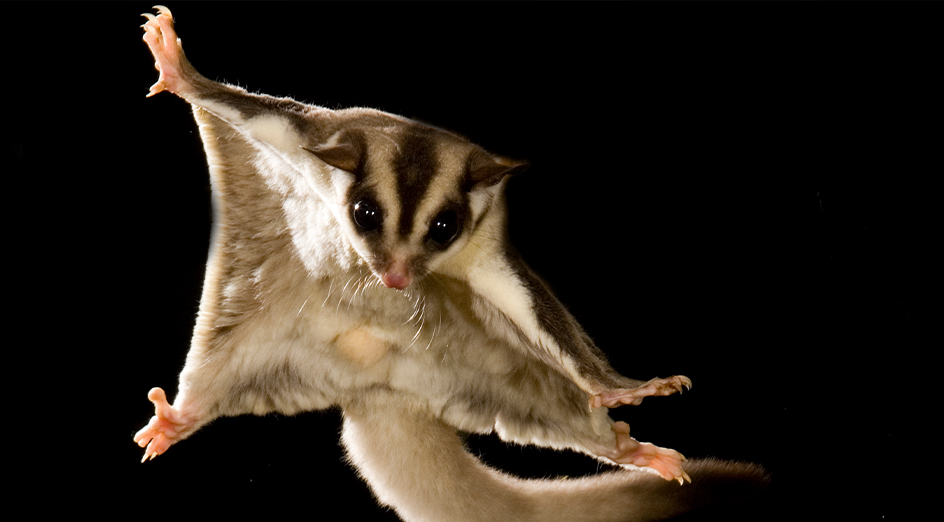An international team of researchers has discovered the genetic variation that has allowed marsupials to evolve to fly and glide.
The study published in Nature, was led by Dr Ricardo Mallarino from Princeton University and Dr Erez Lieberman Aiden from Baylor College of Medicine, in collaboration with Dr Parwinder Kaur from The University of Western Australia.
UWA's Associate Professor Parwinder Kaur, Director of DNA Zoo Australia, said the study had been inspired by the recurrence of gliding capabilities across closely related marsupial species.
"Marsupial joeys enter the world at a notably premature developmental stage compared to most mammals," Associate Professor Kaur said.
"Instead of completing their development in utero, these young marsupials find refuge in their mother's pouch, continuing their growth journey until they are prepared to face the world.
"The unique proximity within the pouch offers an unparalleled opportunity to investigate the influence of specific genes and to shed light on the genetic mechanisms underpinning their evolutionary adaptations."
 Image: Sugar Glider voplaning. Picture:Joe MacDonald.
Image: Sugar Glider voplaning. Picture:Joe MacDonald.
The study examined specific genes, such as Emx2, responsible for the development of the patagium, the specialised skin membrane that enables gliding.
"We conducted comprehensive genome sequencing of 15 marsupial species and identified accelerated genetic changes near Emx2, which highlighted its pivotal role in shaping the evolution of the patagium," Dr Mallarino said.
The study discovered a universal genetic adaptation created by Emx2, which has been harnessed by different marsupial species to acquire the ability to glide.
"The findings not only deepen our understanding of the genetic underpinnings of biological diversity but also emphasise the importance of conservation efforts to preserve these unique adaptations," Dr Lieberman Aiden said.
"The discovery paves the way for future research exploring the genetic mechanisms driving adaptive traits across the animal kingdom."






